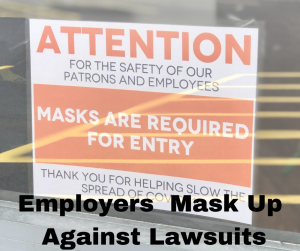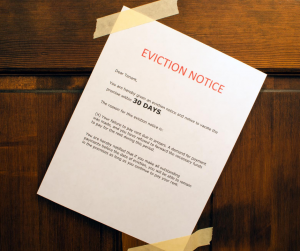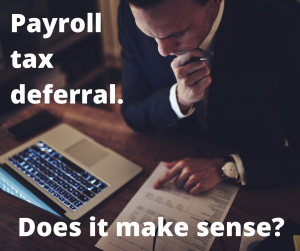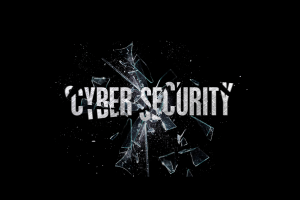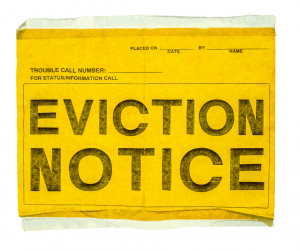Small businesses face a dizzying swirl of regulations from different levels of government about whether patrons and employees are required to wear masks during the pandemic, as well as whether employers are required to either purchase masks for employees or reimburse them for reasonable costs.
The scenario becomes more fraught given the emergence of class-action litigation even when businesses are complying with the mandates and guidelines from the federal, state and local authorities. Going forward, small businesses need to strike a delicate balance between accommodating customers in their public spaces while doing right by their employees, whose priorities are not always the same but should be considered.
 Chicago Business Attorney Blog
Chicago Business Attorney Blog


